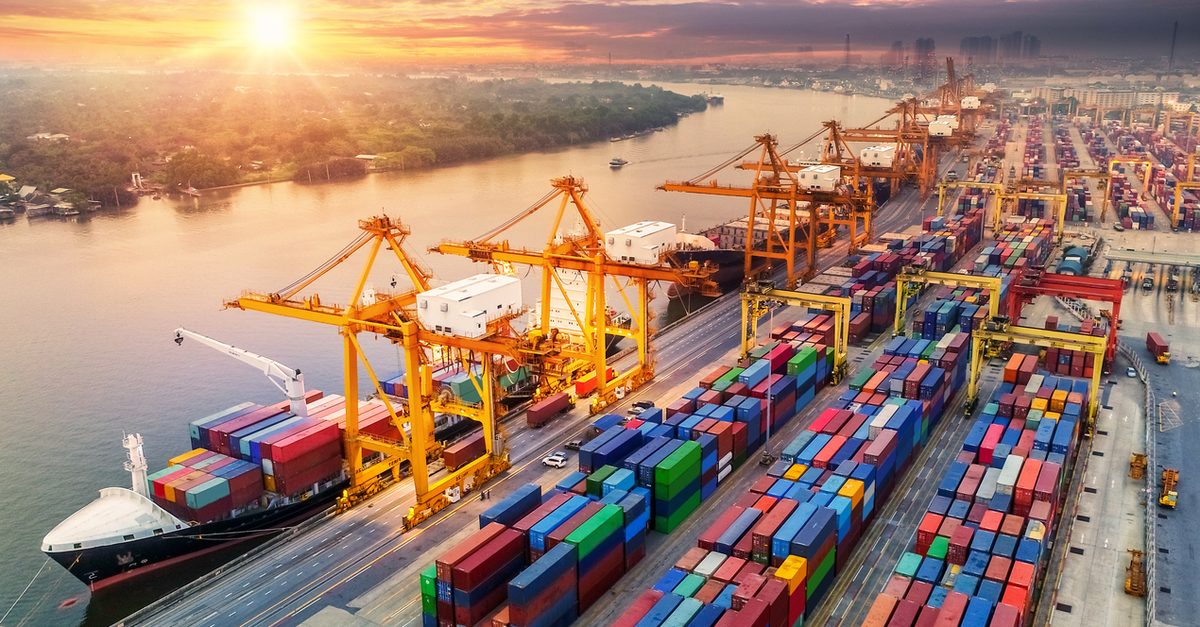As we enter Q2 2021, the post-pandemic future is slowly coming into view – and current trends already shed considerable light onto what businesses should expect for the months and years to come. One key theme already evident throughout the private sector is the need for improved supply chain sustainability across Asia-Pacific.
Companies will also need to change their labour strategy as more business shifts to the digital realm via e-commerce and social media platforms. Taking advantage of these developments in Southeast Asia requires forward-thinking talent with the right skillsets. Businesses must therefore secure supply chain talent as well as a proactive team of digital experts, in order to adapt successfully to changing social and environmental conditions.
Supply (chains) and demand
Automation through AI and IoT has helped address modern business challenges, particularly those exacerbated by COVID-19, but human expertise remains necessary. The demand for sustainable supply chain solutions requires leaner and more agile methodologies, but these cannot be delivered through automation alone. Teams made up of tech-savvy employees represent the best of both worlds where supply chains are concerned, and companies in all sectors have already made efforts to boost their capabilities in this way.
As with so many other fields, the future of the supply chain will be defined by digitalisation. For this reason, ongoing developments will indirectly create other job opportunities in supporting areas, such as cyber security.
Yet there are two main ways of filling each of these roles. Companies can either up-skill their existing employees, or hire new talent who are already familiar with the necessary technology. In the long term, encouraging women, the younger generation, and others to pursue careers in the supply chain industry could also help to fit outstanding needs.
Beyond the main talent issues, a number of other strategic moves are necessary to reduce supply chain vulnerabilities. Alternative sourcing strategies will be essential, as will increased storage capacity, decentralised systems, and improved time efficiency both in terms of everyday activity and in cases where materials need to be re-routed.
The hurdles
As more businesses seek experts to add to their teams, qualified supply chain experts will be harder to find. Failure to bring in (or retain) the necessary talent could seriously disrupt business plans, forcing companies to count on their affiliates and business partners for industry-specific solutions. From logistical services to maintenance and support, supply chain sustainability depends on access to people with resources and knowhow.
Tightening safety regulations will make the intelligent use of automation more essential over time. As noted above, however, the benefits of real-time IoT and cloud computing data will require trained experts to usefully interpret the information. Smart factories, enhanced by smart sensors and predictive maintenance measures, can only be as effective as the people running them.
Companies that decide to train senior workers for these tasks may have some measure of success, but age and habit can also prove to be obstacles. To make their supply chains sustainable and future-proofed, younger talent with analytical and engineering experience may be the more ideal solution.
Such an arrangement could indirectly solve other problems as well: Plain factory work may not appeal to the younger generation, but if businesses integrate cloud computing and Industry 4.0 technologies in their day-to-day operations, they may find younger candidates more interested in contributing their efforts.
Gender diversity is another goal that is well worth pursuing within a variety of industries. By overlooking the talents that skilled female candidates can bring to this field, businesses lose out on a huge amount of potential. Many companies are biased toward recruiting male talent, but skilled female employees can add significant value if companies are willing to make a point of prioritising gender diversity.
A sustainable way forward
With Southeast Asia’s economy beginning to recover and its supply chains entering a digital future, the challenges of tomorrow can best be met by securing the right talent today. From recruiting and training skilled employees, to motivating the younger generation, to recruiting a modern and gender-diverse team, businesses can effectively maintain and upgrade their capabilities. Such moves also have the effect of improving motivation and confidence in the current work environment.
Connexus delivers value chain talent to multi-national corporations across Asia-Pacific. We’ll help you establish sustainable supply chains by finding qualified talent that matches your current goals and business environment. Get in touch with us now, as you prepare for a new generation of business success.










